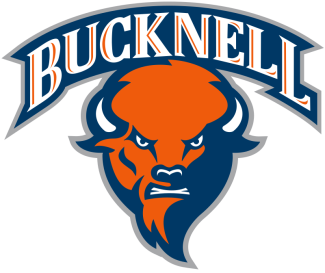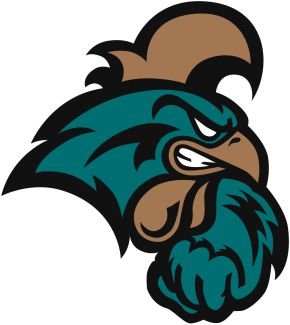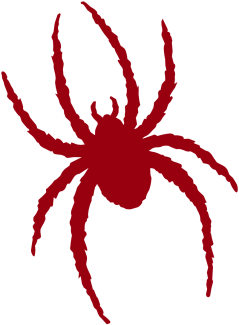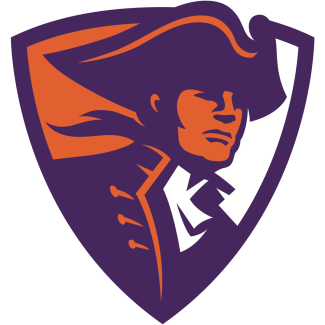The second story began in the summer of 1992. I had just accepted the head coaching position at Virginia and was in the middle of working the final session of our lacrosse camp at Brown. I was on the field when my phone rang. It was my father, who had just been admitted to North Shore Hospital on Long Island. I knew he was going in for a stress test that day, but the doctor had implied that it was just a formality. He had been experiencing some pain in his left shoulder, but he was a big man, a former New York City cop and a self-employed general contractor. The doctor thought my father’s discomfort was likely arthritis, but scheduled the stress test for six weeks later as a precaution. They stopped the test halfway through and told my dad that he needed bypass surgery the very next day.
My father was calling me from the hospital and very anxiously asking what he should do. Should he trust this doctor that he barely knew or take a chance, walk away and gather some additional opinions? Midway through our conversation he interrupted to say, “Wait a minute, Dom, another doctor just entered the room and I will call you back.”
When he called back half an hour later, he had some surprising news. This new doctor was the Chief of Cardiac Surgery at North Shore Hospital. He opened by saying, “Mr. Starsia, are you the father of the lacrosse coach at Brown? He was very kind to my son at his camp and in the recruiting process. I saw your chart downstairs, have looked through the test results, you have a great doctor and he is prescribing exactly the right procedure. Tell you what, I will assist him in the surgery tomorrow.”
As you can imagine, this new information was a great comfort to my dad, who lived a long and healthy post-surgical life. I am forever grateful to this new doctor, who was the father of Princeton attackman Justin Tortolani. We had Justin as a camper at Brown, and I had done a home visit during the recruiting process. I wished him well when he chose Princeton, and while I may have felt at the time that I had not been successful, little did I know it may have been my most productive home visit ever!
Justin went on to become one of Princeton’s best all-time players. He also became an orthopedic surgeon, trained in spine surgery and an expert in the field of terminal disc replacement surgery. Maybe you can still have a life if you don’t come and play for me! I have run in to Justin at a number of lacrosse functions, and we always mention the story of having had our dads meet.


























































